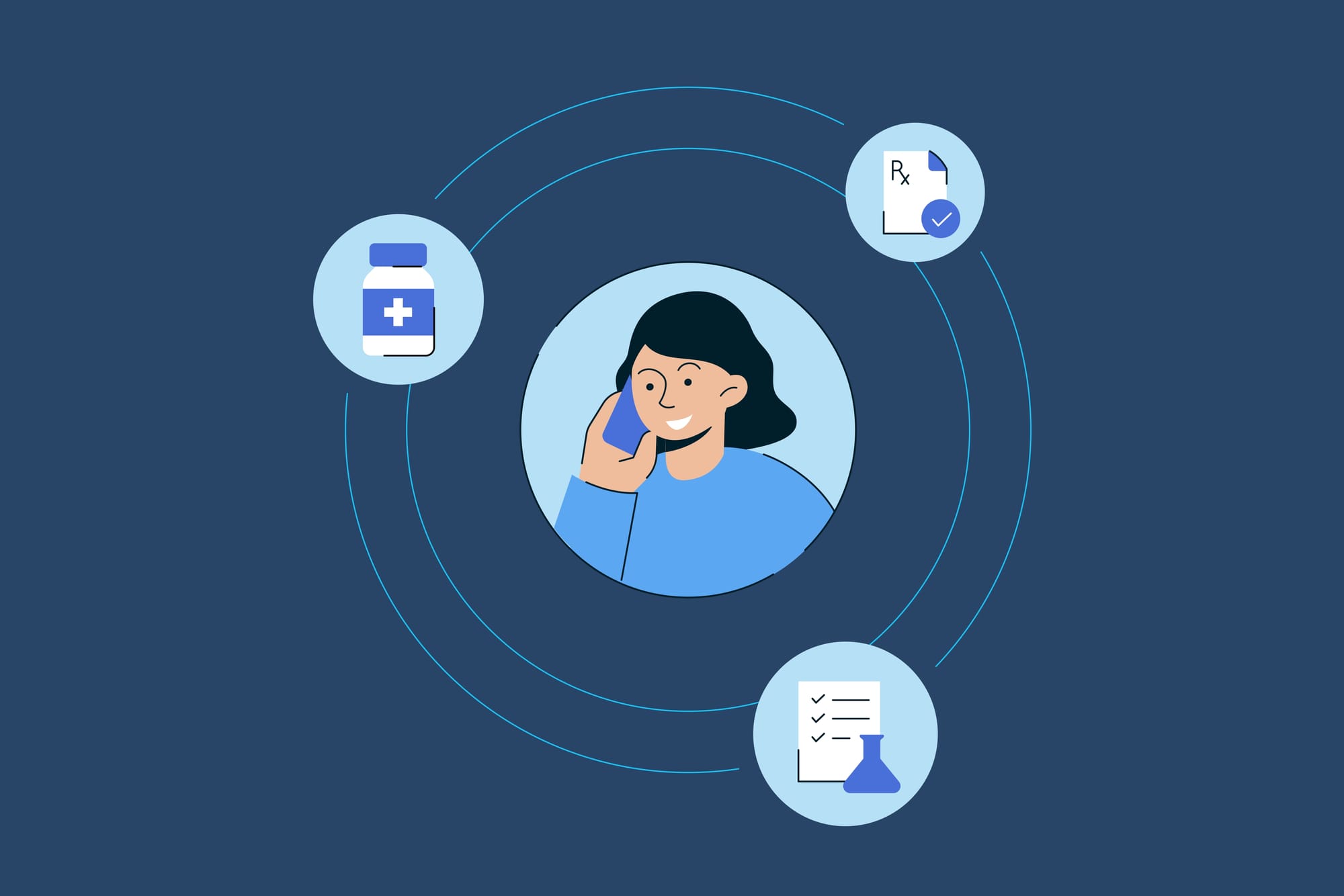Chronic Care Management Companies: Revolutionizing Patient Care

What Are Chronic Care Management Companies?
A Chronic Care Management company is a specialized healthcare organization focused on supporting individuals with chronic illnesses.
These entities employ advanced technologies alongside customized care strategies to directly address the unique needs of their patients.
Through a blend of digital tools and human touch, they offer continuous monitoring and personalized care planning, by implementing chronic care management software and programs for continuous monitoring and personalized care planning. This approach significantly improves treatment adherence and overall health outcomes.
Essentially, these companies act as a critical bridge, connecting patients with the comprehensive care necessary to manage their conditions effectively outside the traditional hospital setting.
The core philosophy behind their approach is to ensure that patients receive coordinated, proactive care, tailored to their specific conditions and lifestyle, thereby enhancing the quality of life and reducing the need for emergency interventions or hospital readmissions.
This method not only benefits patients by providing them with a more integrated care experience but also contributes to the broader goal of making healthcare more efficient and cost-effective.
Chronic Care Management Services
Chronic Care Management companies provide a suite of services tailored to support patients with chronic conditions.
At the core, they offer medication management to ensure eligible patients adhere to their treatment plans effectively. Alongside, remote patient monitoring technology is utilized to keep track of health metrics without the need for frequent in-person visits.
Personalized care plans are developed for each patient, taking into account their specific needs and conditions to offer a truly individualized approach to healthcare.
Additionally, patient education is a cornerstone of their services, empowering individuals with the knowledge to manage their health proactively.
The goal of these services is to maintain continuous care and oversight, bridging the gap between traditional clinic visits and the patient’s daily life, ensuring a cohesive healthcare experience that extends beyond the walls of medical facilities.
Features of Chronic Care Management Services
Chronic Care Management services are distinguished by their innovative features, designed to support patients with chronic conditions more effectively.
At the forefront are remote monitoring technologies, which allow healthcare providers to keep track of patient's health metrics in real-time, without requiring them to be physically present.
Additionally, patient engagement platforms play a crucial role, in facilitating smoother communication between patients and care teams.
Data analytics for personalized care analyze health data to tailor care plans specifically to each patient's needs, ensuring treatments are as effective as possible.
Integration with existing healthcare systems ensures that all aspects of a patient's care are unified, allowing for a seamless healthcare experience.
Together, these features not only support the proactive management of chronic conditions but also aim to enhance the overall quality of care, making healthcare more accessible, personalized, and efficient.
Benefits of Chronic Care Management
Chronic Care Management (CCM) offers significant advantages for both patients and healthcare providers. Here are the key benefits outlined in an easy-to-understand list:
- Improved Patient Outcomes: CCM leads to better health outcomes for patients by providing consistent and tailored care management for their chronic conditions.
- Increased Patient Satisfaction: Through regular communication and personalized care plans, patients feel more connected and satisfied with their care.
- Reduced Hospital Readmissions: With proactive management and monitoring, CCM helps in significantly lowering the rates of hospital readmissions.
- Lower Healthcare Costs: By preventing emergency room visits and unplanned hospital admissions, CCM services help reduce overall healthcare expenses.
- Continuous Care Loop: CCM services ensure a seamless connection between patients and their care providers, fostering a relationship that enhances care coordination and adherence to treatment plans.
These benefits collectively enhance the quality of healthcare delivery, making it more efficient and patient-centric.
Quadrant Health: A Comprehensive CCM Platform
Quadrant Health is a comprehensive CCM platform that allows practices to personalize and automate patient check-ins using generative AI. Learn more here or request a demo here.
FAQ Section
What makes chronic care management effective?
Chronic Care Management (CCM) is effective due to its comprehensive approach that encompasses the health system, community, and self-management support.
It integrates patient information, clinical care management, and evidence-based treatments, which have been shown to improve patient outcomes.
Additionally, patients engaged in a CCM program experience a better quality of life and improved long-term health outcomes, underscoring the importance of a structured and continuous care framework for managing chronic conditions.
How does technology enhance chronic care management?
Technology plays a pivotal role in enhancing chronic disease management by improving communication between patients, caregivers, and healthcare professionals.
It enables the integration of patient information and clinical care management, facilitating the delivery of evidence-based treatments.
This increased efficiency and effectiveness in managing chronic conditions lead to improved health outcomes and patient engagement, showcasing technology's crucial role in modern healthcare practices.
Can chronic care management reduce healthcare costs?
Yes, Chronic Care Management can significantly reduce healthcare costs.
It achieves this by improving the quality of life for patients and efficiently managing care plans.
Through the effective management of chronic conditions, CCM helps in reducing the risk of complications, which in turn diminishes the need for expensive emergency care and hospital readmissions.
This prevention-focused approach ultimately contributes to the overall reduction in healthcare expenditures, making CCM an economically beneficial strategy for both patients and healthcare providers.

